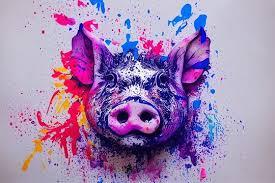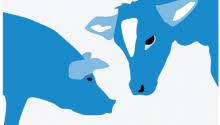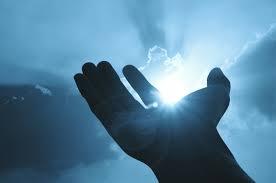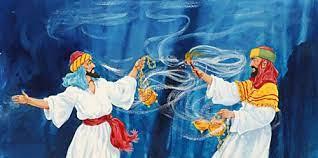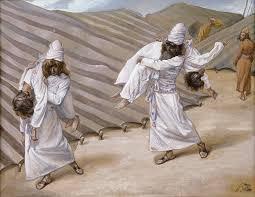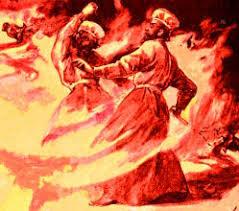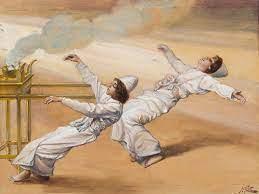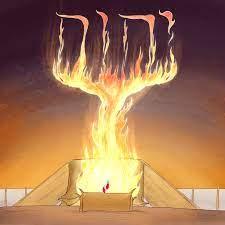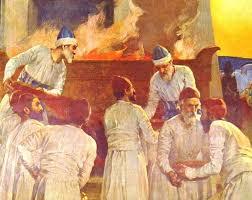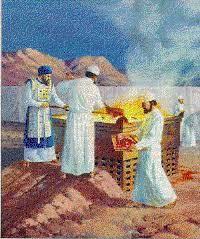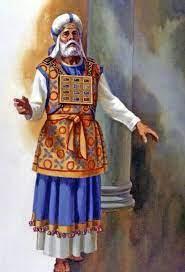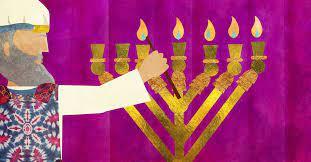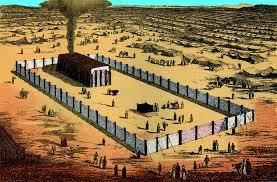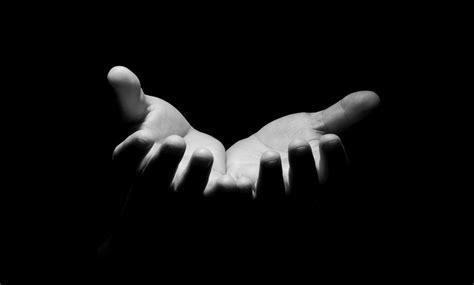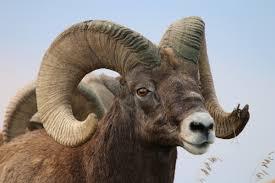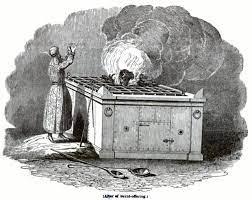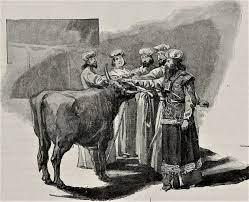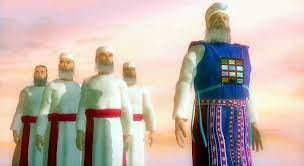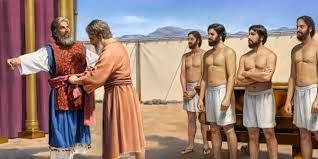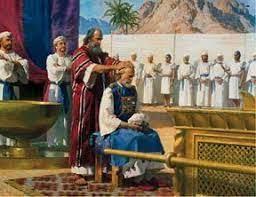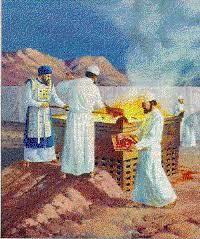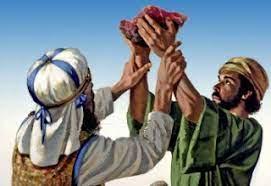Bn – Ritually Clean and Unclean Birds and Insects 11: 13-23
Ritually Clean and Unclean Birds and Insects
11: 13-23
Ritually clean and unclean birds and insects DIG: When did the distinction between ritually clean and unclean animals begin? Why? What did the Tabernacle have to do with being ritually clean or unclean? What was the basis for deciding if birds or insects were kosher?
REFLECT: Why do you think God set the dietary mitzvot primarily about holiness regarding the Tabernacle? Why could only people who were set-apart and holy have anything to do with the Tabernacle? What about believers today? Must they eat kosher or is it a choice?
Ritual impurity is the biblical concept that a person can be in a state which, according to the Torah, prevents the person from having any contact with the Tabernacle or Temple and its sacrifices. God was in the process of teaching His people a critical spiritual reality.
In practical terms, Leviticus 11 refers to dead things: dead animals and dead people. So, a live, ritually unclean animal, does not render it ritually unclean while alive. Thus, it is not contaminating to own a cat – at least not in Levitical terms. Only when it is dead does its carcass render a person or substance ritually unclean through physical contact. A ritually clean animal is designated as clean because after it is butchered and the blood removed, contact with its carcass does not render a person ritually unclean. On the other hand, the dead body of a ritually clean animal will render a person ritually unclean if it has died for some reason other than being butchered by ritual slaughter. Thus, a cow that dies as road kill is just as ritually contaminating as pig’s flesh.
The distinction between ritually clean and unclean animals did not originate in Leviticus or the Sinai covenant. There is evidence that pigs were regarded as ritually unclean by the Babylonians. Noah knew the difference between ritually clean and unclean animals even before the Flood. The distinction was most probably decided upon the basis of eligibility for sacrifice. Of those animals that were suitable for sacrifice, seven pairs were taken into the ark. Of those that were not, only one pair was taken.
Yet, we might wonder, if the distinction between ritually clean and unclean animals existed in the days of Noah, why is there no mention of dietary mitzvot pertaining to ritual cleanness and uncleanness until Leviticus 11? We might ask the same question in regard to the mitsvot of emissions and leprosy. These mitzvot come immediately after the story of the death of Nadab and Abihu. The death of the two sons of Aaron has sufficiently impressed us with the hazards involved in approaching Ha’Shem in the Tabernacle (to see link click Bh – The Death of Nadab and Abihu). The mitzvot of being ritually clean and unclean were all holiness and Tabernacle related. Entering into the presence of God in His Tabernacle while in the state of ritual impurity was not only a sin, it was dangerous. Thus, you will separate the people of Isra’el from their ritual uncleanness, so that they will not die in a state of ritual uncleanness for defiling My Tabernacle which is there with them (Leviticus 15:31).
Dear Heavenly Father, Praise You that Your holiness is for all eternity! The angels in heaven are always singing of Your holiness. They do not rest day or night, chanting, “Kadosh, kadosh, kadosh Adonai Elohei-Tzva’ot, asher haya v’hoveh v’yavo! Holy, holy, holy is the Lord God of Hosts, who was and who is and who is to come!” (Revelation 4:8). May our lips be continually praising You, like the seraphim in heaven. Seraphim called out to another, and said: Holy, holy, holy, is ADONAI-Tzva’ot! The whole earth is full of His glory (Isaiah 6:3). In the holy name of Yeshua and the power of His resurrection. Amen
Birds (11:13-19): The Torah doesn’t give the criteria to distinguish between ritually clean and unclean birds (see Bk – Ritually Clean and Unclean Animals); rather, it gives a list of examples of ritually unclean birds. All of the ritually unclean birds share several common characteristics which the Sages used to determine the signs of a ritually unclean bird, “Any bird which seizes its prey, or parts its toes evenly (with two in the front and two in the back) is ritually unclean. However, any bird which has an extra talon and a claw, and the skin of the stomach which can be stripped off is ritually clean.” Based upon the above ruling, all birds of prey and carrion were disqualified as being ritually clean. The following birds are regarded as ritually clean in the Bible and/or most Jewish tradition: pigeon, turtle dove, palm dove, hen, chicken, turkey, quail, partridge, peacock, pheasant, sparrow, duck, and goose.168
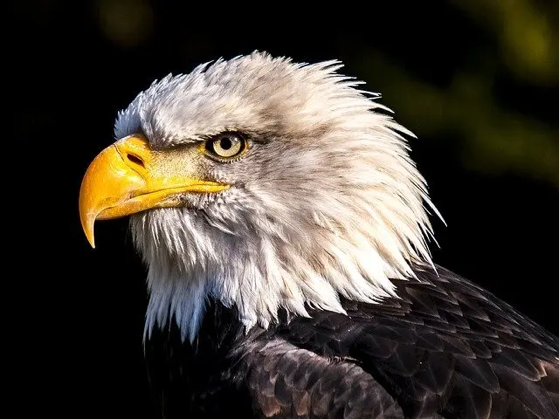
But the term used to describe those birds that were not to be eaten is not “unclean.” Instead, it is described twice as they are detestable for you. The following creatures of the air are to be detestable (ritually unclean) for you – they are not to be eaten, they are a detestable thing: the eagle, the vulture, the osprey, the kite, the various kinds of buzzards, the various kinds of ravens, the ostrich, the screech-owl (see the commentary on Jeremiah Ad – The Owl as a Symbol of Judgment), the seagull, the various kinds of hawks, the little owl, the cormorant, the great owl, the horned owl, the pelican, the barn owl, the stork, the various kinds of herons, the hoopoe and the bat (11:13-19). The eggs of ritually unclean birds are also regarded as ritually unclean.
Note on translation problems: The meaning of many of the Hebrew terms for birds and insects is uncertain. One expert in the field suggested that only forty-percent of the Hebrew terms could be identified with accuracy. I have simply followed the consensus of recent academic studies.169
Insects (11:20-23): With the exception of a certain class of locust, all insects were regarded as food. The Torah describes ritually clean insects as all winged swarming creatures that go on all fours, you may eat those that have jointed legs above their feet, enabling them to jump off the ground. Specifically, of these you may eat the various kinds of locusts, grasshoppers, katydids and crickets (11:21-22). Since the description is a little vague, the Mishnah adds some further definition: And among the locusts [the ritually clean ones are the ones with] four legs, four wings and jointed legs and wings of which cover the greater part of its body (m. Chullin 3:7).
Finally, the Torah concludes that as far as creatures that crawl on the ground are concerned anyone that creeps upon the ground whether it creeps on its belly or walks on four, or numerous legs, is not kosher to eat. But the term used to describe those insects that were not to be eaten, like the birds above, is not “unclean.” Instead, it is once again described twice as they are detestable for you. All winged swarming creatures that crawl on all fours are a detestable thing for you. But other than that, all winged swarming creatures having four feet are also a detestable thing for you (11:20-23). Bees were forbidden, but honey was allowed. The Talmud explains that honey is regarded as permissible because it is not an insect or product of an insect as much as it is nectar stored and transferred by an insect. Produce must be washed to remove any insects before eating, but microscopic insects are not considered.170
In the final analysis, today Messianic Jews and Gentiles have the freedom in Messiah to choose whether they want to eat kosher or not (see the commentary on 1 Corinthians Bm – The Weaker Brother or Sister).




